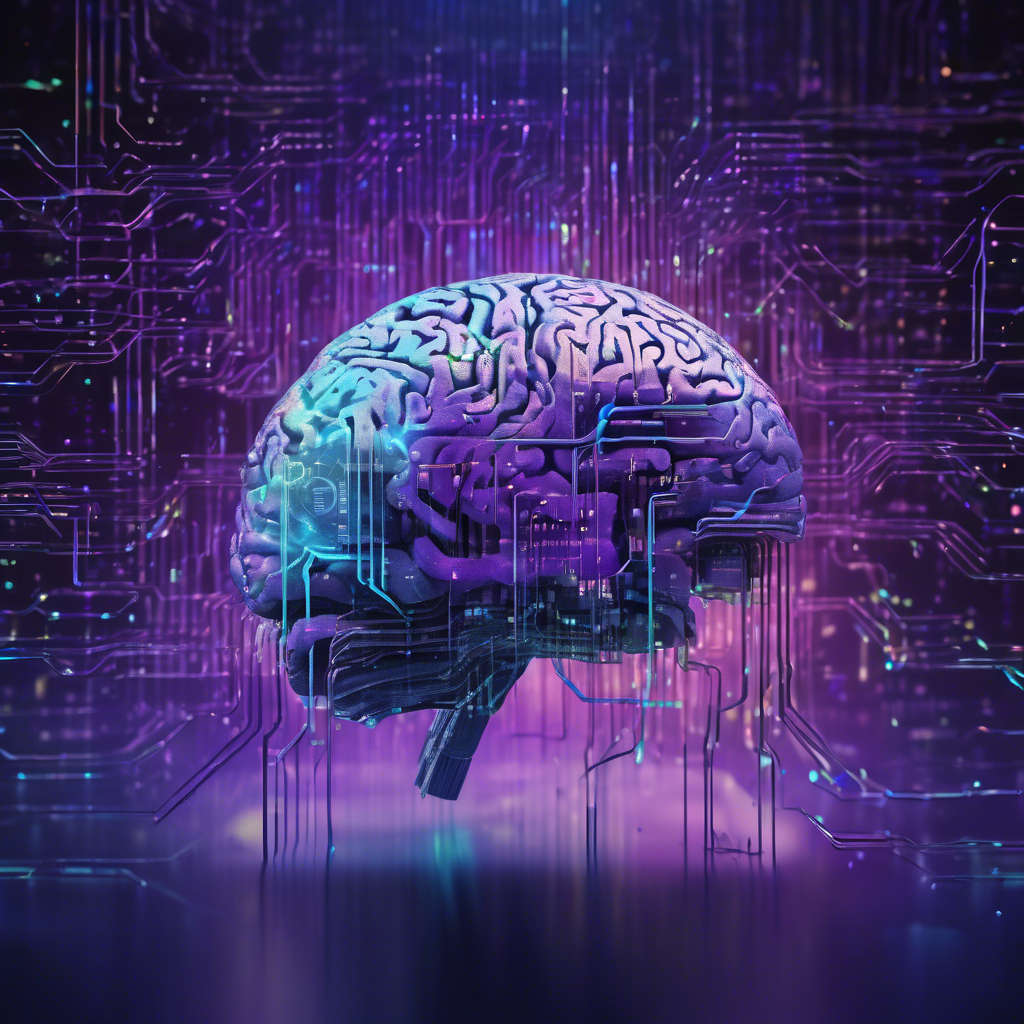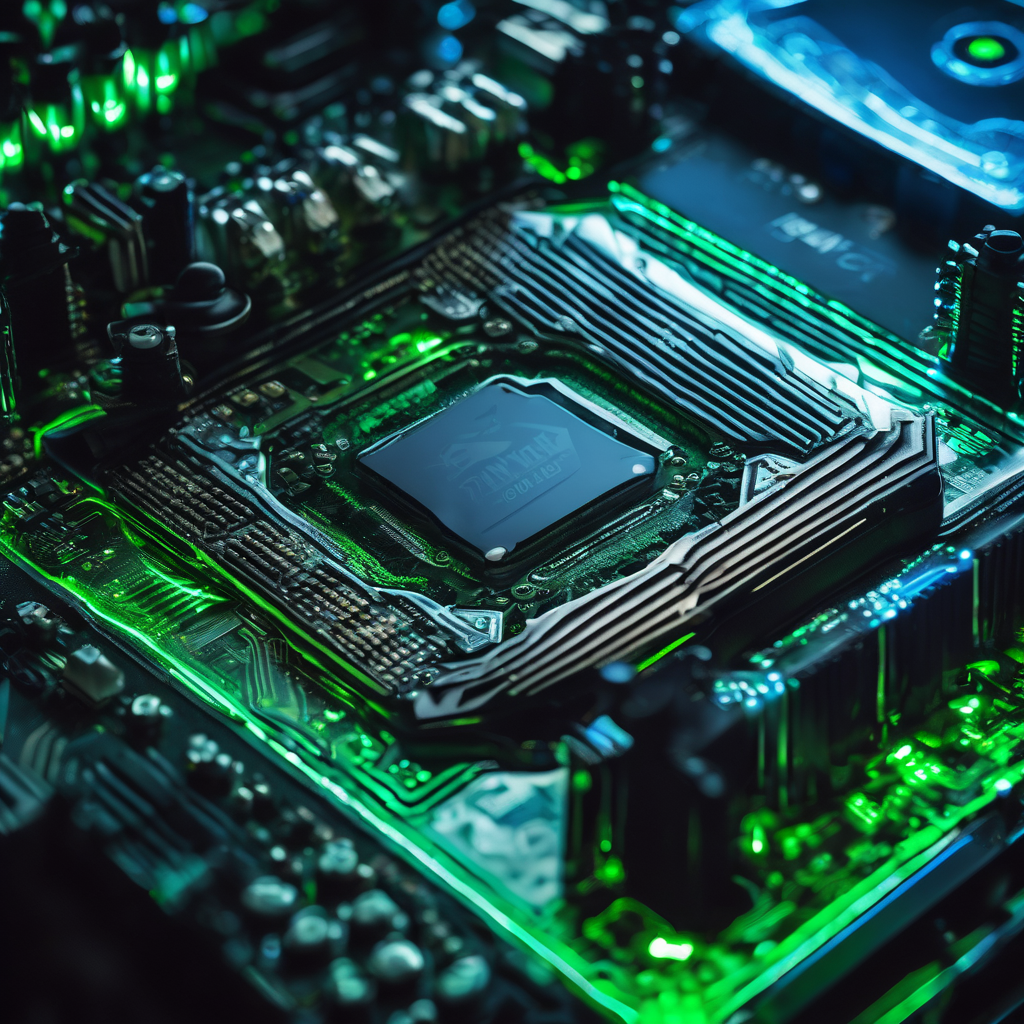
Artificial intelligence models have long faced the challenge of hallucinations, an industry euphemism for the false information that large language models frequently present as fact. Judging by the direction taken by the latest "reasoning" models—developed by companies like Google and OpenAI to "think" through problems before responding—the issue is worsening rather than improving. As reported by The New York Times, as AI models grow more powerful, their tendency to hallucinate increases, not decreases. This is an inconvenient reality as more users flock to AI chatbots like OpenAI's ChatGPT, applying them to a growing variety of tasks. When chatbots generate doubtful or incorrect statements, users risk embarrassment or worse consequences. Even more troubling, AI firms are struggling to identify why chatbots are producing more errors now than before—a perplexing situation that underscores the fact that even the creators of AI do not fully understand how the technology functions. This alarming pattern challenges the widespread belief within the industry that scaling AI models will inherently make them more reliable and capable. The stakes are incredibly high, as companies continue to invest tens of billions of dollars into building AI infrastructure for increasingly large and powerful "reasoning" models. Some experts believe hallucinations may be intrinsic to the technology, making it nearly impossible to eliminate the problem entirely. “Despite our best efforts, they will always hallucinate, ” Amr Awadallah, CEO of AI startup Vectara, told The New York Times.
“That will never go away. ” The problem is so pervasive that entire companies now specialize in helping businesses manage and mitigate hallucinations. “Not dealing with these errors properly basically eliminates the value of AI systems, ” Pratik Verma, cofounder of Okahu, a consultancy assisting businesses in leveraging AI more effectively, told the NYT. This comes after OpenAI's latest reasoning models, o3 and o4-mini, released late last month, were found to hallucinate more frequently than earlier versions. On OpenAI’s internal accuracy benchmark, the o4-mini model hallucinated 48 percent of the time, demonstrating poor truthfulness. The o3 model had a hallucination rate of 33 percent, roughly double that of the company’s previous reasoning models. Similarly, as the New York Times notes, competitors such as Google and DeepSeek are facing the same problems, indicating this is an industry-wide challenge. Experts warn that as AI models grow larger, the improvements each new model brings over the last are diminishing. With firms rapidly exhausting available training data, many are resorting to synthetic—or AI-generated—data to train models, which could have potentially disastrous effects. In summary, despite ongoing efforts, hallucinations are more widespread than ever, and currently, the technology is not showing signs of improvement. For more on AI hallucinations, see: “You Can’t Lick a Badger Twice”: Google's AI Is Making Up Explanations for Nonexistent Folksy Sayings.
AI Hallucinations Worsen Despite Advances in Reasoning Models - Industry Challenges Explained


The integration of artificial intelligence (AI) into search engine optimization (SEO) is transforming digital marketing, posing both challenges and opportunities for marketers globally.

Adobe conducted a comprehensive global survey of 16,000 creators and found that 86% are now integrating generative artificial intelligence (AI) into their workflows, marking a significant shift in creative processes as AI increasingly supports content production across industries.

Artificial Intelligence (AI) is fundamentally transforming how streaming platforms interact with their users by introducing sophisticated video personalization methods.

The State Council has issued a detailed directive titled the "Opinions on Deepening the Implementation of the 'AI Plus' Initiative," emphasizing a strong government commitment to advancing artificial intelligence (AI) technology.

Meta Platforms, Inc., a major technology leader, has announced significant breakthroughs by its AI research division in natural language processing and computer vision, highlighting its commitment to advancing AI technology.

Salesforce, a global leader in customer relationship management (CRM) solutions, has recently unveiled a range of significant artificial intelligence (AI) enhancements aimed at streamlining operations and boosting productivity within its Sales Cloud platform.

Nvidia has introduced its newest AI chipset, set to become a fundamental component of next-generation gaming consoles.
Launch your AI-powered team to automate Marketing, Sales & Growth

and get clients on autopilot — from social media and search engines. No ads needed
Begin getting your first leads today